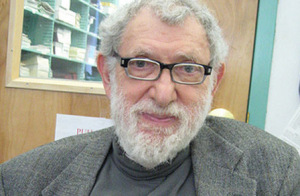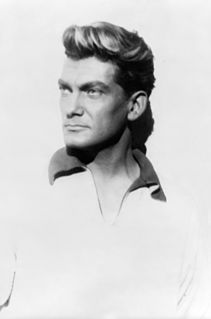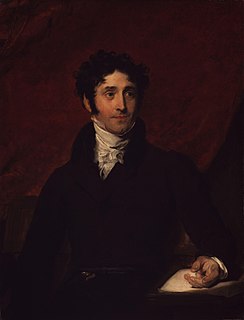A Quote by Gwendolyn Brooks
Related Quotes
I was a violent, self-destructive teenager, who was adopted right at the end of World War II. I was lied to and abused by my parents. I hated life in Utah. I resented the Mormon Church, its sense of superiority and its certitude. I escaped through the Beat writers and discovered poetry and have devoted my entire life to the practice of poetry in varying ways. Poetry gave me a reason for being. And I'm not exaggerating when I say that.
Poetry is the most informative of all of the arts because everything comes down to poetry. No matter what it is we are describing, ultimately we use either a metaphor; or we say "that's poetry in motion." You drink a glass of wine and say, "that's poetry in a bottle." Everything is poetry, so I think we come down to emotional information. And that's what poetry conveys.
All lives are composed of two basic elements," the squirrel said, "purpose and poetry. By being ourselves, squirrel and raven, we fulfill the first requirement, you in flight and I in my tree. But there is poetry in the meanest of lives, and if we leave it unsought we leave ourselves unrealized. A life without food, without shelter, without love, a life lived in the rain—this is nothing beside a life without poetry.
I don't know that I had a sense that there was such a thing as "the poetry world" in the 1960s and early 70s. Maybe poets did, but for me as an onlooker and reader of poetry, poetry felt like it was part of a larger literary world. I mean, even the phrase "the poetry world" reflects a sort of balkanization of American literary and artistic life that has to some extent happened since then.







































